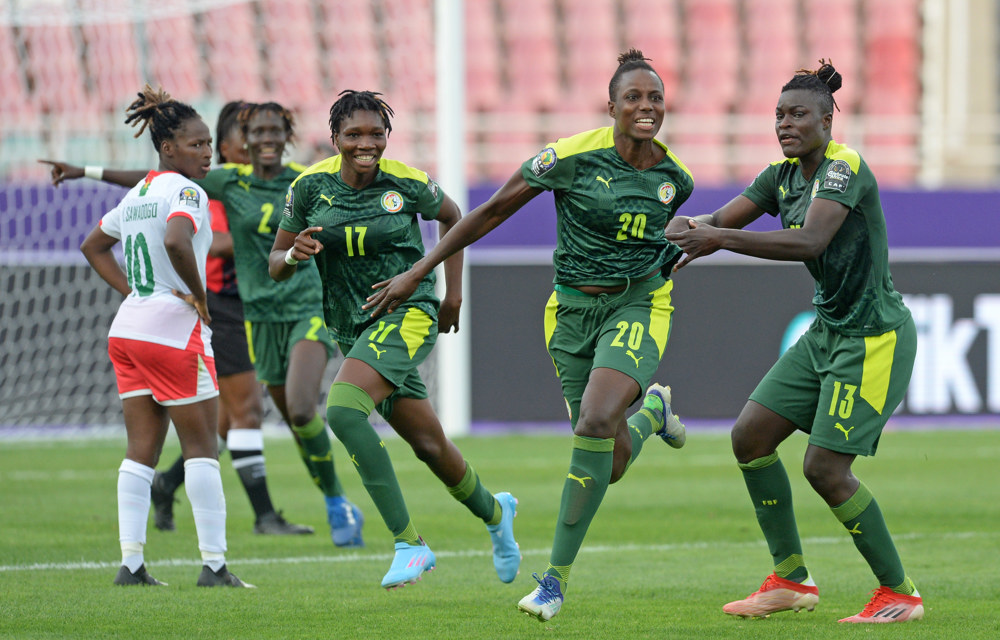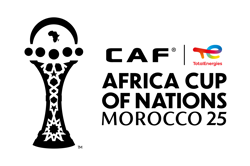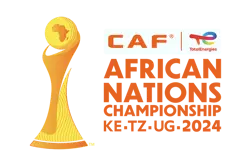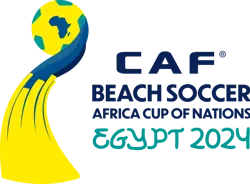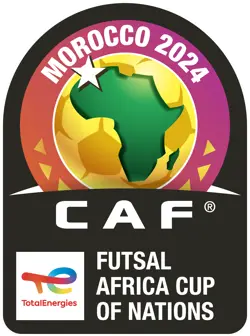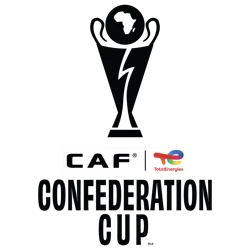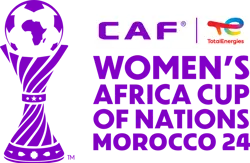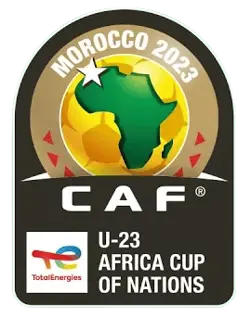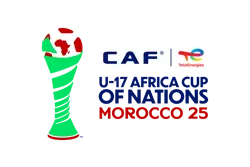Mame Moussa Cissé (Senegal): "The group wants to write a new page in its history."
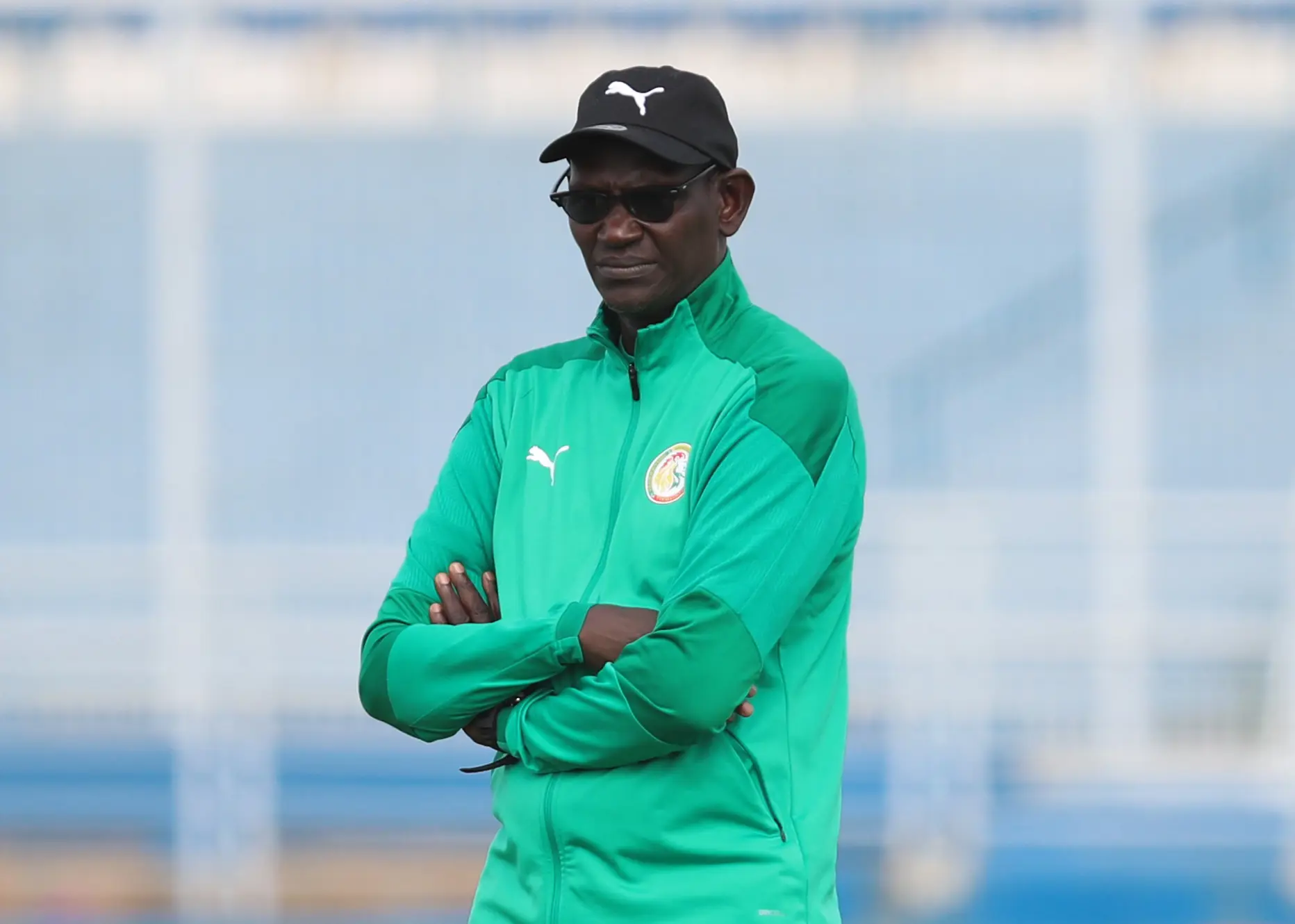
- Senegal approaches the 2024 CAF TotalEnergies Women's AFCON, Morocco 2024 with ambition, with a mature squad that combines experienced executives and young talents from the U17 and U20 teams
- Mame Moussa Cissé, the coach of the Lionesses of Teranga, is betting on humility and rigor, while showing a clear desire to take a new step in a tough group with Morocco, DRC and Zambia
- The Senegalese are starting a new dynamic, symbolized by a second consecutive qualification for the WAFCON and constant progress since 2022
Three years after returning to the continental stage, Senegal are preparing to play in a second consecutive TotalEnergies CAF Women's Africa Cup of Nations (WAFCON). A historic event for the Lionesses of Teranga who had not participated twice since the creation of the competition. At the head of the national team since 2019, Mame Moussa Cissé has worked with patience, method and ambition to structure a sustainable project around Senegalese women's football. In just a few years, the coach has accompanied the emergence of a competitive group, open to young people, without giving in to the ease of a fixed hierarchy.
At the 2022 TotalEnergies CAF WAFCON in Morocco, Senegal surprised by reaching the quarter-finals, eliminated by Zambia on penalties (1-1; 4-2). An encouraging but frustrating performance, as the band's potential seemed to be able to go further.
Since then, the team has grown: high-level friendly matches, players who have gone to play in Europe, the U17 and U20 generation gradually integrated. Cissé now speaks of a "more mature" squad, where the experience of the managers rubs shoulders with the audacity of young talents from the local league or the CAF Women's Champions League.
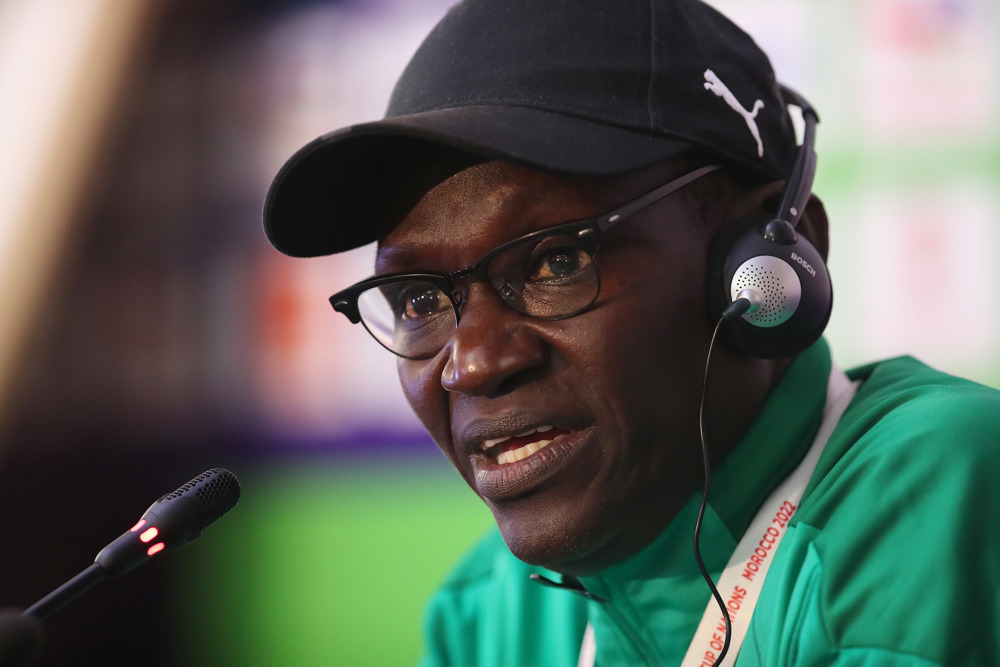
For this 2024 edition, the challenge has been met: housed in a very dense Group A, Senegal will face the host country, Morocco, as well as Zambia and the Democratic Republic of Congo. But far from worrying about it, Mame Moussa Cissé sees it as an opportunity to "rub shoulders once again with the great African nations" and to "progress in adversity". The stated objective is clear: to get through the first round again, and to go further than last time.
In this interview with CAFOnline.com, the Senegalese coach talks about the evolution of his group, the lessons learned from the 2022 AFCON, the structuring of the national championship, and the long-term vision to make Senegal a nation that counts sustainably in African women's football. Between lucidity, ambition and humility, he also gives a personal look at his career and the demands of the profession, especially in an environment still under construction. For him, one thing is certain: "this AFCON is a step, not an end in itself".
CAFOnline.com: Senegal is in Group A, with Morocco, the Democratic Republic of Congo and Zambia. What are your impressions?
Mame Moussa Cissé: As they say, it's a tough group. There are great teams in this group. Hosts Morocco went to the last World Cup and did good results. Zambia too also went to the World Cup. They are two very great teams. DR Congo, even if it did not make this World Cup, has a top club ... it is TP Mazembe, who won the last CAF Women's Champions League. They are all really great teams. But next to it, there is also Senegal, who played in the last Women's AFCON, who had a very interesting experience, from my point of view. There is now a group that wants to write a new page in its history. I think it's going to be a group where there will be high intensity matches. It will be a question of giving ourselves the means to have a good TotalEnergies CAF WAFCON.
CAFOnline.com: After the 2022 edition, Senegal is once again participating in this competition. You went all the way to the quarter-finals in the last edition. What lessons have you learned from this?
We were 10 years without going back to the TotalEnergies CAF WAFCON. The first objective was to come back. At the last finals, we went to learn, to discover what a high-level competition was. And we saw what the demands were, what intensity we had to put in, what were – from my point of view – all the ingredients of a high competition.
We learned from that. We had, somewhere, a bitterness. Because we said to ourselves that this match against Zambia, there was room for a better result. But we understood afterwards why we lost. Because in the top competition, it's not just about having the physical or technical-tactical qualities. You also have to manage emotions.
And, from my point of view, we had a young group that didn't know how to manage that. So that's a major lesson. But we said to ourselves that we had a quality group that, if it was perfected, if it was put in the conditions of high performance, could do something great.
And it allowed us to orient ourselves after the work we did in relation to this group. And if you have seen, since that TotalEnergies CAF WAFCON, we have only played in friendly matches against great teams: we have met the defending champions, South Africa. We played Morocco, DRC, Ghana.
Because we realized that, in order to grow in Africa, we had to play these great nations. And it's by playing these games that you better control the demands, the rhythm and the intensity. And that allowed us to grow this group.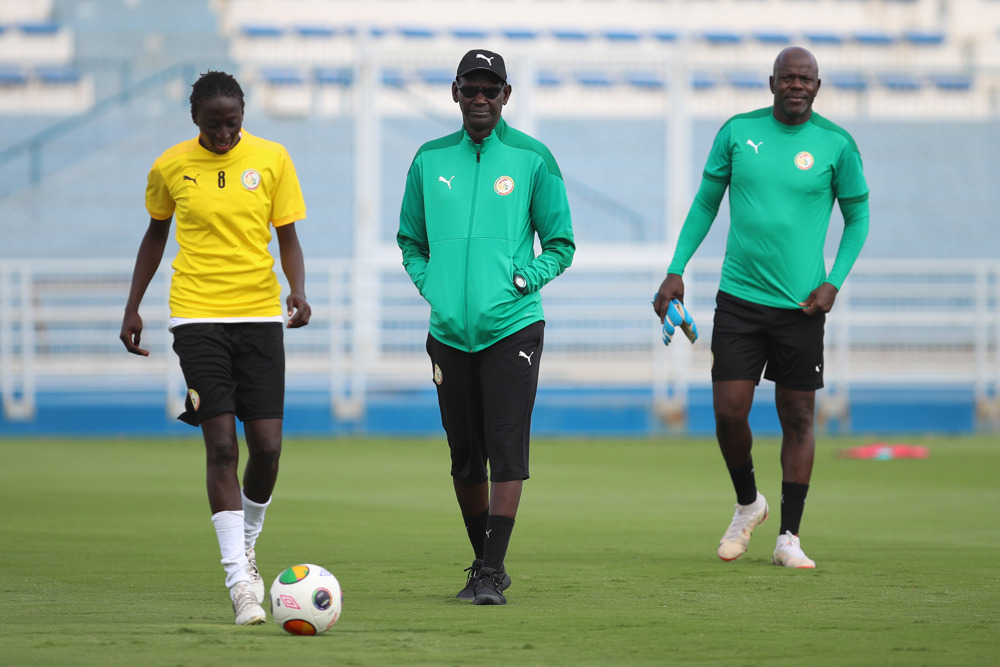
In the last three years, there have been a lot of changes. What is the squad like today? What is the mentality?
We are in the context of a continuity. In the group that went to the last TotalEnergies CAF WAFCON, we had a lot of players who then ended up in Europe. A lot of players in big clubs: in Marseille, Galatasaray, all over France.
So it allowed them to discover another experience, another level of play and to grow in competition. In the group we have today, we have 14 or 15 players who were at the last TotalEnergies CAF WAFCON. So we have almost the same group, but, from my point of view, with more quality because they are players who have more experience.
They are also players who play at a higher level at club level, so it's important for us. The other aspect is that we have the same foundation. We learned about this last TotalEnergies CAF WAFCON, and today, we know better where to direct the work. We don't go to discover. Now, we are going with more certainty when we start the competition. We also brought young people because some of them left. We brought in players from the U17 and U20 teams. They still play in Senegal, but they have played in major competitions such as the CAF Women's Champions League.
Some played in the World Cup qualifiers at the U17 and U20 levels. So we have a group made up of veterans, but also young people who want to come and discover this competition, but who already have some experience at the highest level.
The team evolved with the arrival of young players and the affirmation of senior players. How do you manage this internal competition?
By establishing clear rules and healthy competition. There is no place in this group. The field is the only judge. We select the best, but it's up to each one to prove itself. The message is clear, especially for young people: just because you play abroad doesn't mean you're automatically in the starting line-up.
During the friendly matches, everyone saw it: the captain sometimes started on the bench, managers were replaced. This rotation allows the young people to become aware of their potential and their role in the collective. I often tell them: no one is indispensable, but everyone is important.
I would also like to congratulate the alumni who play an essential role in integration. They supervise the young people, advise them. It's an asset for the group.
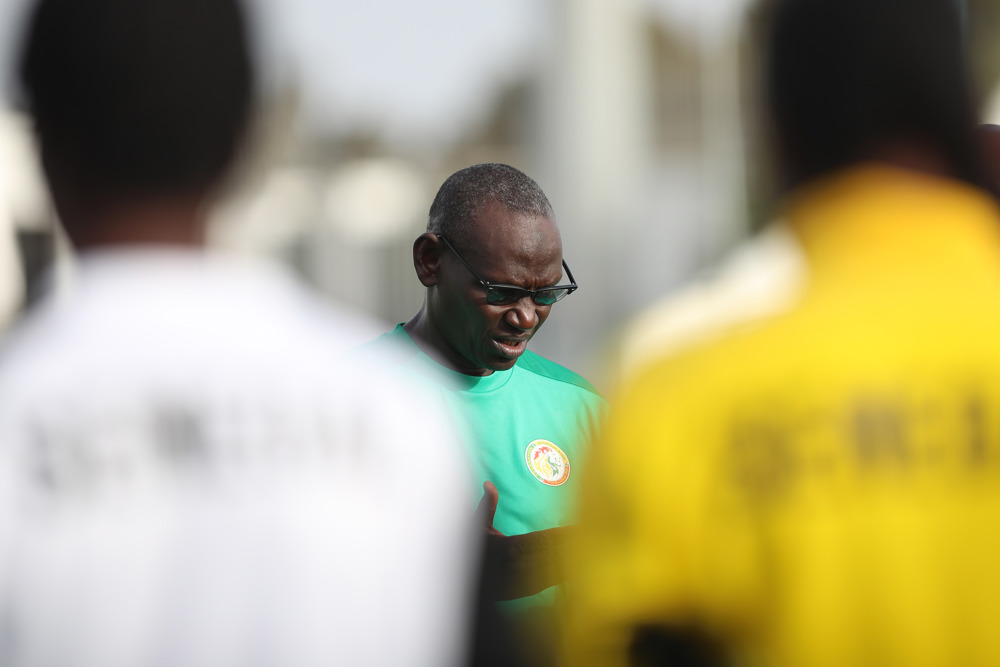
What does this women's AFCON mean to you?
A possibility of confirming what we have done, but also – in the humility that has always characterized us – a way to grow even more in competition. We said to ourselves: we came back two years ago.
Now, the objective is to make sure that we are consistent in competitions. This is the first time that the team has played two consecutive AFCONs. This will allow us to forge ourselves in a competition and especially with a higher level.
So it's a great opportunity for us to come and play against great teams again and continue our progress in women's football in Africa.
For this edition, what are your ambitions?
To go to the second round at least. It won't be easy with this group, but we have the objective of going back to the second round, because that's what it's all about, being consistent, but also consistent in our performance.
So we're going to give ourselves the means to go to the quarter-finals, and even go beyond that level. And that's how the team will continue to grow. For me, I've always said, it's a process. You have to take it step by step. You have to have ambitions, but you also have to be realistic.
So we're going to work on our pace of progress. And first of all, the first objective will be to do everything possible to get out of this complicated group. Then, we will set ourselves other goals, including trying to get through the quarter-finals to go to the semi-finals, which we couldn't do last time.

How do you look back on your career since your appointment?
I learned a lot, about myself, about competition, about women's football. In 2019, when I arrived, there was hardly any talk of it in Senegal. Today, it has become a reality. The championship is growing, the team is followed, criticized, expected. This is a good sign: it means that we are being taken seriously.
A few years ago, publishing a list did not elicit any reaction. Today, people are debating, waiting for results. This pressure is interpreted as a sign of maturity. We have grown up. We are asked to win, and this is proof that we now exist in the football landscape.
At the UFOA, we were expected to win the title. At the TotalEnergies CAF WAFCON, we are set high goals. But we stay in our line: humility, realism, and consistency. We know our context, our progress, and our course. And we remain focused on that.
What advice would you give to a young coach who wants to get into women's football?
You have to understand the specificity of this football. I started with the boys, but the girls, once they trust you, give it their all. They are attentive, diligent, and seek to progress.
You have to be fair with them, talk to them with sincerity, adapt your approach. Some can't stand being yelled at; With others, you have to discuss off the pitch to reassure them or refocus. It's a more demanding, more individualized job. We have to reach out to them, understand what is also happening outside of football.
It requires more time, more patience. But if you have the passion, you can really make them progress. And that's what makes this mission as beautiful as it is demanding.